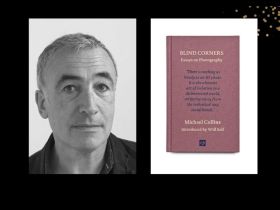It’s the start of the year, so maybe one of your resolutions is to make more meaningful connections – not so much in a romantic fashion, but in a career sense. Do you have a manuscript set aside, little time and no idea how to proffer it to the right hands, so that it may eventually become published? Literary speed dating may be the answer. But, beware, it requires preparation and may not be the right avenue for those too shy and nervous to pitch in person.
Like the regular dating format, the literary version follows a similar principle of setting up participants with a limited time to engage with one another – tête-à-tête or online. With this quick-talking, power chat formula, you can try and gain interest in your book with a number of industry professionals. Perhaps a better name for it would be literary speed pitching.
Some organisations, such as Writers & Artists in the UK, the Irish Writers Centre Novel Fair, and the Australian Society of Authors (ASA), for instance, have a number of (virtual and in-person) speed dating events for their members that offer an opportunity for writers to do a quick elevator pitch to publishers and agents. Writers & Artists next How to Hook An Agent event will be held on 17 February, while the Irish Writers Centre will hold its 12th edition of Novel Fair mid February – including a speed-dating session with publishers. Check your local writers centre for further options.
The concept seems straightforward, but the execution is not without its challenges or complexities. ArtsHub reached out to several writers, as well as one agent, who have attended various literary speed dating activities, to gauge their experience.
Swipe right: a good experience
Anna Featherstone did a virtual ASA event with a focus on regional and remote writers. She’d just finished two non-fiction books and was playing around with a middle grade novel, so ended up using the speed dating deadline to motivate her to finish the first draft. ‘It really did motivate me to get the words down fast. It was fun having a date to work towards,’ she says.
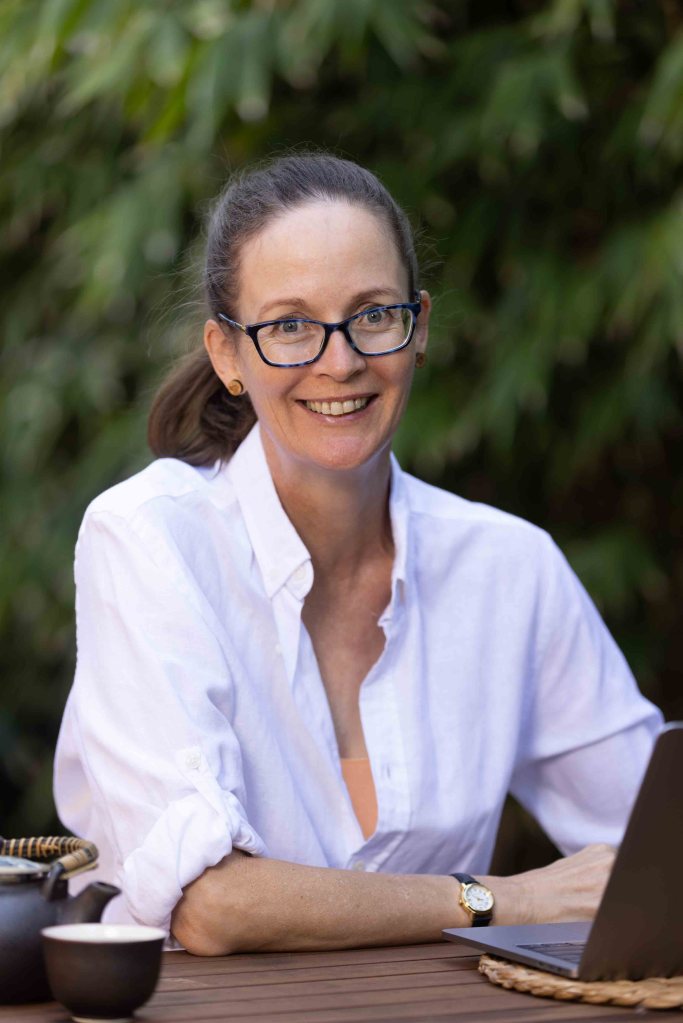
‘I secured pitch slots with Allen & Unwin and the Penguin Random House Young Readers team. The slots were only five minutes each, but I spent hours planning and refining the pitch and it was a buzz on the day. Both asked for the manuscript and that was a great feeling as it validated my story concept. Even though I knew the manuscript was underdone, a month later I received some great feedback from Penguin Random House with ideas on how to ‘help elevate what’s currently a good story into an unputdownable read’.
‘It was like a free manuscript appraisal from the best in the business and I was so grateful for the experience,’ Featherstone continues.
‘That manuscript, though, went back in the drawer as I’d begun work on another non-fiction book and didn’t have the creative headspace or time to return to it … but revisiting it with ArtsHub has me thinking it may be time to reopen that drawer!’
Another writer, Nadia Mahjouri, elaborates on the ASA pitching etiquette. ‘The rules with ASA speed dating is that you get three minutes and can pitch to a maximum of two publishers or agents in one round, and you can only pitch the same work four times in total. The advice was to be very careful in the choice of who to pitch to and to make sure they are looking for the kind of manuscript you have, to maximise your chances. If you do the Pitch Perfect course [offered by ASA] you get an early link to book your pitch with publishers, which means you are more likely to get a spot with your first and second choices, because they often book out,’ says Mahjouri.
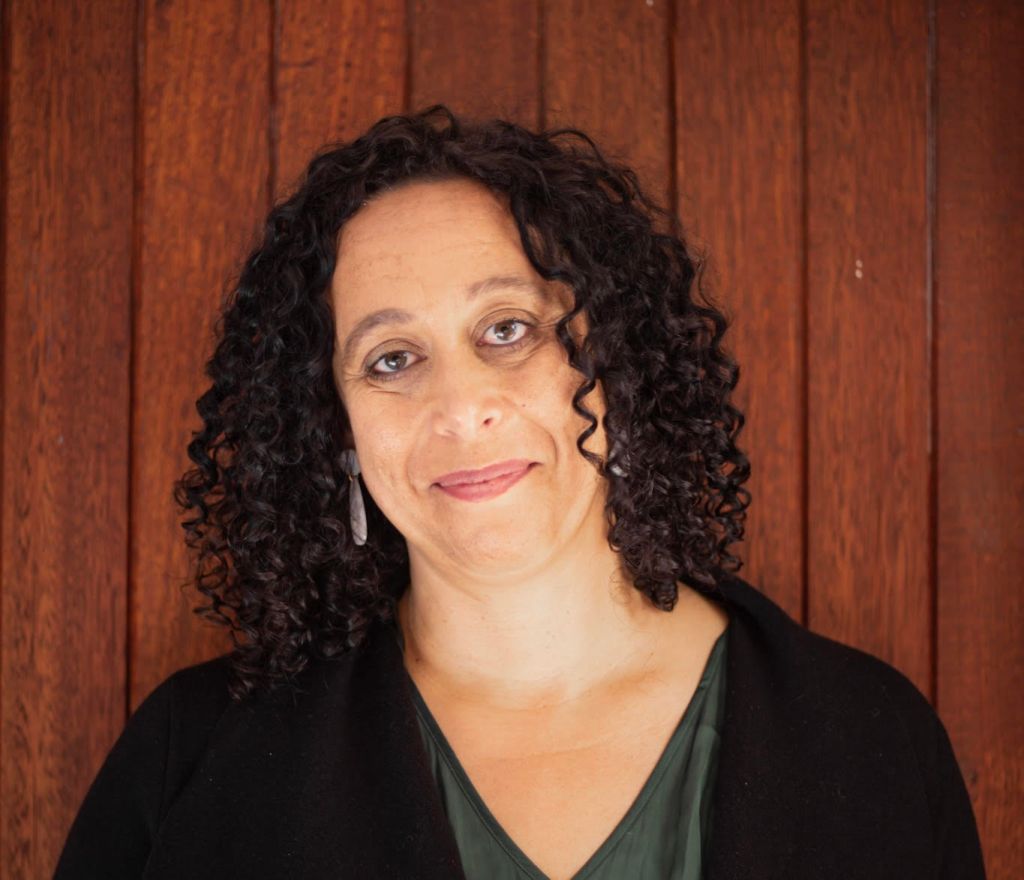
‘I enjoyed the experience, but would definitely recommend practising lots of times first and doing the course first – without that I would have really struggled to get my pitch into the tiny three minutes.’
Mahjouri pitched a literary fiction novel set between Tasmanian and Morocco to both Text and Ultimo, with rejection from one and interest from the other. She used the leverage gained to ultimately sign a contract with Penguin Random House, and the book is scheduled for publication in 2025. ‘So, while my contract was not the direct result of the speed dating, the offer I got was nevertheless the catalyst for me getting both my agent and my publishing contract.’
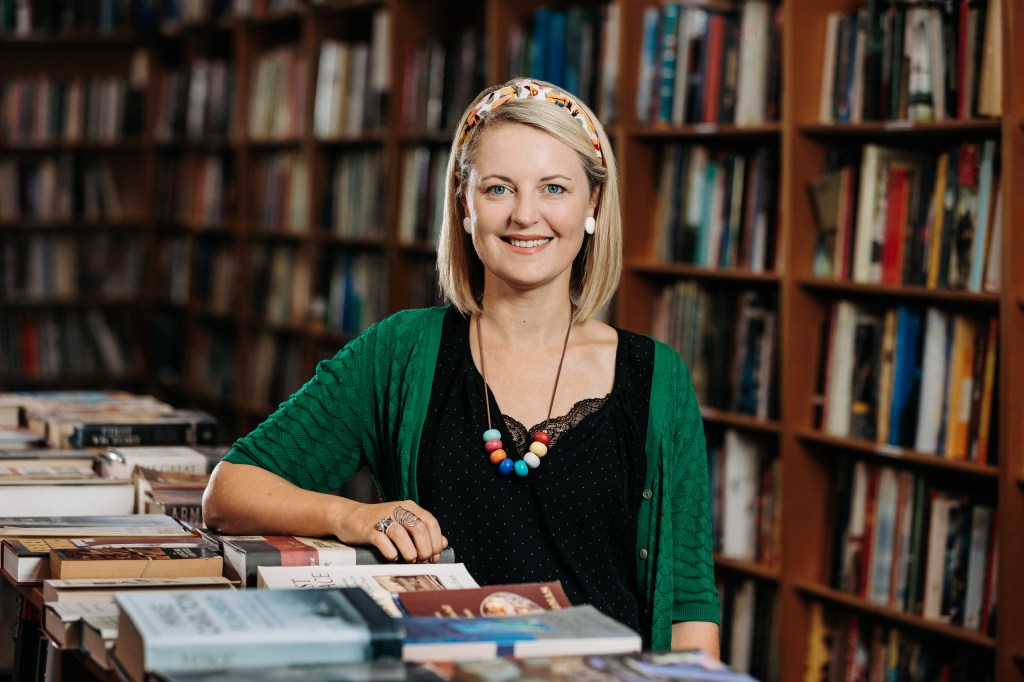
Sarah Sasson, meanwhile, received a publishing contract with Affirm Press for her debut novel Tidelines (out in late January this year) directly due to her speed dating experiences. She went through two rounds of ASA sessions after having no luck sending her manuscript to competitions and to unsolicited piles. She was encouraged to do these events after a friend told her there had been multiple book publishing deals arising from them. Sasson explains, ‘Within seven days, the ASA notifies via email if any of the agents/publishers have requested further material such as synopsis, biography, the first 30 pages and/or entire manuscript. They then have a three-month window to let you know if they are interested.’
Eileen Ormsby did her research before coming in with a completed “chick lit” novel, making sure she approached agents and publishers who wanted genre fiction. Although things did not go quite to plan, the event still proved catalytic. She did score a publishing deal – but not for her novel and not with any of the publishers she’d spoken to at the event.
‘At the last minute I took in a back-up plan. I’d been writing for newspapers and a personal blog about the dark web and notorious dark net drugs market Silk Road for some time, so I brought in a folio containing all my feature articles. I figured if I finished early, or the lines for my chosen publishers/agents were too long, I’d try pitching to publishers such as Text and Allen & Unwin, who had said they were looking for narrative non-fiction.
‘The reception for my chick lit novel – the very reason I was there – was lukewarm. My passion and interest in the Silk Road story must have shone through, because four publishers (Text, Allen & Unwin, Penguin and one other I can’t remember) pressed their cards into my hand and asked me to send my proposal through ASAP. Problem was, I hadn’t yet written a word!’
Ormsby quickly drafted her proposal after all four publishers got back within days to say they were interested in taking it further. ‘I forwarded those emails to Australian Literary Management and asked if they would be interested in representing me. I was taken on by Lyn Tranter, who put my book up for auction. I took a contract with the highest bidder, Pan Macmillan, which wasn’t even at the speed dating event!’ Silk Road was published in 2014.
Swipe left: a not so good experience
Karen Martin has participated in three events, two online with ASA and a third in person at the Women’s Fiction Writers Association (WFWA) conference in Chicago. ‘I was not having success through the query letter process. My novel had been translated into Greek and published in Greece (with a limited licence), but the lack of English publishers was discouraging. I was excited for an opportunity to speak to publishers about my novel, and hoped the personal connection might strengthen my chances for publication,’ she tells ArtsHub.
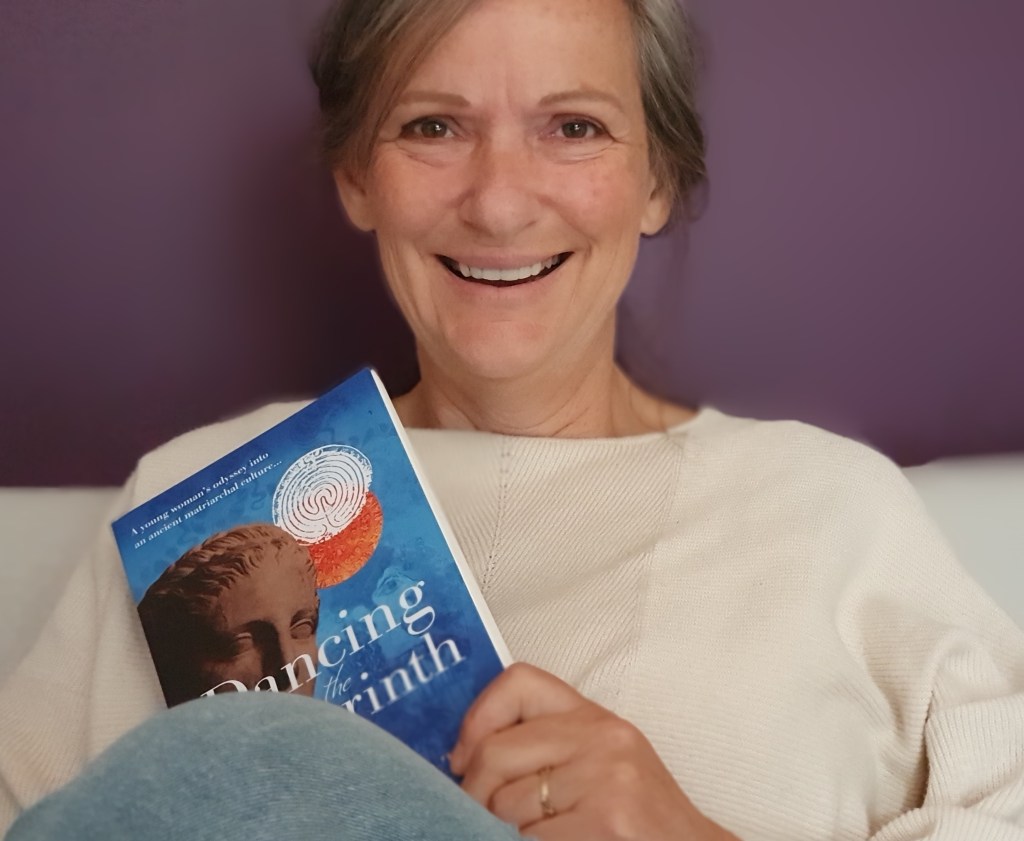
‘Nerves were extreme and the first [Zoom event] was rushed, with my words tumbling out quickly to ensure [the publisher] would love my book as much as I did… For the second, I was more relaxed and did not pressure myself. Learning from the first experience I spoke slower and had redrafted my pitch, editing out what was extraneous. I felt better about how things went. The publisher asked some pertinent questions and, a week or so later, I received an email from ASA informing me that, while I was not successful with the first publisher, the second wished to be sent the manuscript. Woohoo. Unfortunately, this did not eventuate to publication.
‘In the meantime I met an author with a healthy career in independent publishing who challenged my prejudices and taught me the process required to independently publish my first novel.’
Martin also sought out another speed dating session for her second book, this time speaking with an agent and a publisher – with unhappy results. ‘I was confident it was a product that would sell, as sales from my first novel were promising. I felt I had options and that I did not necessarily need to go down the traditional publishing path… The publisher complained my novel was too ambitious, and I realised I would not enjoy working with him if an offer was made.’
Melissa Pouliot has attended three sessions at ASA (2018-2020) and, though she acknowledges that she’s learned a lot about the Australian publishing industry, she also says that she is never dating again. ‘The amount of time, effort and energy to spend three minutes with a potential publisher or agent online is not enough time to make any sort of meaningful connection. Cost is also a deterrent if you are looking at going on several dates.

‘One agent who requested the full manuscript said my story was too sad and she couldn’t read on, which speaks volumes. In three minutes I was obviously unable to portray how devastating and traumatic my MS (manuscript) subject matter was, so when she started reading she wasn’t prepared.
‘Potentially, I am not eligible to present the same MS, as there are now limits on how many times you can pitch the one MS (I didn’t notice this previously, but this is now the case)… I did feel over the three years the amount of respect towards pitching authors shown by publishers/agents had improved significantly.’
A writer who wishes to remain anonymous tells ArtsHub that speed dating pitches are not designed for those who are shy; that the pressure to sell in such a brief flurry of minutes can prove stressful. There is too much emphasis on plot, but what about atmosphere, characters, voice? She sums up her entire experience as a ‘disaster’.
‘I represented my work and myself truly badly. At the first three-minute date I read it out and didn’t engage with the person and, at the second date, I spoke hell for leather, didn’t take a breath and still didn’t engage with the person. The problem is, I’m too shy to engage with a stranger about something I’ve just created, that’s meant so much to me over years (whatever its worth in the world) and my personality is that of an artist, not a publicist. I never work by a plan; the work organically emerges.
‘After six months away from the work, when it dawns on me what the work is about, what the bigger picture is, perhaps then I’d be able to usefully summarise it, but not just after finishing, when I still haven’t discovered it.
‘When I’ve published previously, I always hope that a reviewer will give me an insight into what I’ve done before there are any interviews. The problem is, you don’t really know what the meaning of your new work is. Your job is just to do the work well: I think it’s for other people to determine what it means to them.
‘You know what I’d really like? If the publisher didn’t have time to read the work, I’d like to sit with him or her over a drink and chat. Sort of drift into it. That way, I may usefully articulate something.’
Meanwhile, Gretchen Miller says she has never participated in any literary speed dating; she does not like the unequal power structure therein, with publishers and agents having the final say whether or not they’ll take on a new work. Normal speed dating, she says, is at least ‘equal, with everyone in an awkward position and trying to find the essence of the other’.
What does an agent listening to speedy pitches think?
Literary agent Danielle Binks has attended sessions organised by the ASA, Writers Victoria, the Children, Young Adult, and Adult Writers’ and Illustrators’ Conference (CYA) and KidLitVic. She has been on the receiving end of pitches for adult fiction, middle-grade (8- to 12-year-olds) and young adult fiction, as well as at illustrator portfolios for children’s books.
‘I go in never knowing exactly what I’m looking for (very much like a reader browsing a bookshelf, let’s say – seeing what takes my fancy) and I find that’s the best way to go in. It’s not really fair if I have a very specific idea in my head, so I try to be very open-minded. And I’ve had the most success that way,’ Binks tells ArtsHub.
She details one of her agent success stories: Karen Ginnane, at a Writers Victoria speed date in 2017. Though Ginnane pitched an incomplete idea and manuscript, Binks was won over by the idea of a steampunk YA fantasy set in 1858. Fast-forward a couple of years later, and several of Ginnane’s books have been published.
Tips for those interested in attending a literary speed dating session
Anna Featherstone is enthusiastic about the process and recommends just giving it a try. ‘What do you have to lose?’ she says. ‘It’s a great way to get in front of publishers and agents, and to receive feedback. Also, keep an eye out for ASA events as they are normally cost-effective compared to some other options.’
Sasson concurs, ‘For those of you who are (like I was) sitting on the fence: have a go. Regardless of the final outcome, I found the experience highly supportive and encouraging. It’s a great opportunity to write, edit and polish a short pitch, which will come in handy regardless. Also, for emerging and new writers, so many query interactions are via email and/or social media. Even if online, speed dating events are a great opportunity to engage face-to-face and in direct conversation with so many impactful literary folk.’
Mahjouri recommends choosing carefully who you pitch to. ‘Make sure they are looking for what you’re offering, otherwise you’re wasting everyone’s time. Practise and time yourself beforehand so you get really comfortable with the process.’
Doing your homework is indeed crucial, Ormsby points out. ‘Know what each publisher/agent is looking for and rank them in order of your preference, with those who have specifically stated they are looking for your genre at the top. Also be passionately enthusiastic about what you are pitching. If you’re pitching something that only you can write, it will be a much easier sell. Lastly, go with what’s working and be prepared to change things up if you’re not getting the reception you hoped for.’
As an agent, Binks has plenty of tips to get the most out of speed dating events. ‘I think a common mistake that creators make with speed dating is treating it like a copy and paste of an email introduction and written pitch. So, in a speed date, I really can’t hear a 200-plus-word biography of you. Just a “Hi, my name is and I’ve written…” is enough. if you’ve written a crime novel and you also work as a coroner, then mention that! But otherwise if your background isn’t terribly pertinent, leave it off.
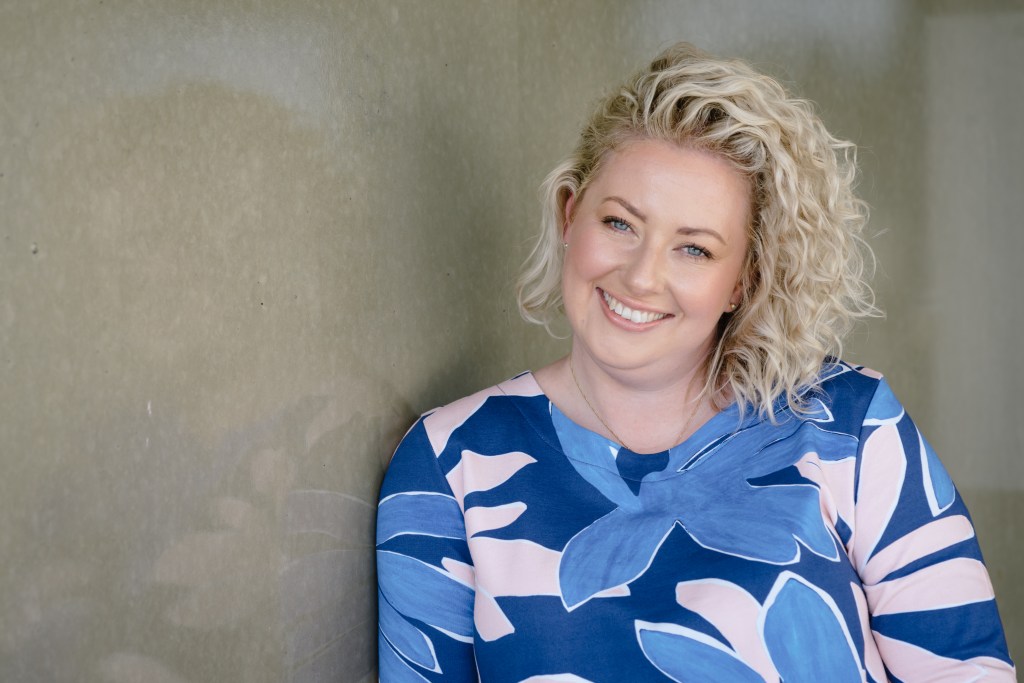
‘You also can’t give me a one-page spoilers-and-all synopsis the way you would over email. Verbal pitching is just not designed for that long-form story appeal; I will lose concentration. You really have to orient your brain to sell, sell, sell and treat our speed date like I’m a customer in a bookstore, considering purchasing your title. So give me a blurb: blurb length, full of hooks, tropes and cliffhangers. If someone of import has endorsed your title, treat that like a front-cover endorsement puff-quote.
‘I also teach creative writing at RMIT, and I tell all of my students that any praise I’ve given their work in formal assessment, or in the margins of my marking, can be used for this purpose. (“RMIT author, teacher and literary agent calls my work sublime and sumptuous,” is A-OK; but be prepared for someone to chase up that connection and query the person you’ve quoted.) And then don’t forget to give me the hits of the most important info: what genre/readership, is the manuscript complete (if not, how much is written and your projected completion).
‘Study book covers right now; they mimic movie posters quite a bit, in that there’s often a logline at the back before the full blurb, and a tagline on the front cover – so borrowing those ideas as much as possible in verbal pitching is great. Also, similar reads help a lot. If you tell me, “It’s The Godfather meets Julia Quinn’s Bridgerton – about organised crime in the upper echelons of Regency London,” that I will retain in my brain because it’s pop culture name-dropping.’
Studying the short and sharp format of TikTok is another tip Binks offers in order to help you with the art of verbal pitching. ‘Listen to how BookTokkers talk about books, how they “sell” them. Listen to what they consider to be the most pertinent info etc. It’s good speed dating training ground for your own titles,’ she says.
One final thing
Binks also reminds pitchers to be polite, whatever the outcome. ‘I do not care one iota if you stumble, fumble or have a brain-fart. Just don’t be snippy if I say, “I don’t think this is for me, sorry.” Treat it like I’m a customer and maybe what you’re selling I’m just not buying. Nothing personal, just not my thing.’




